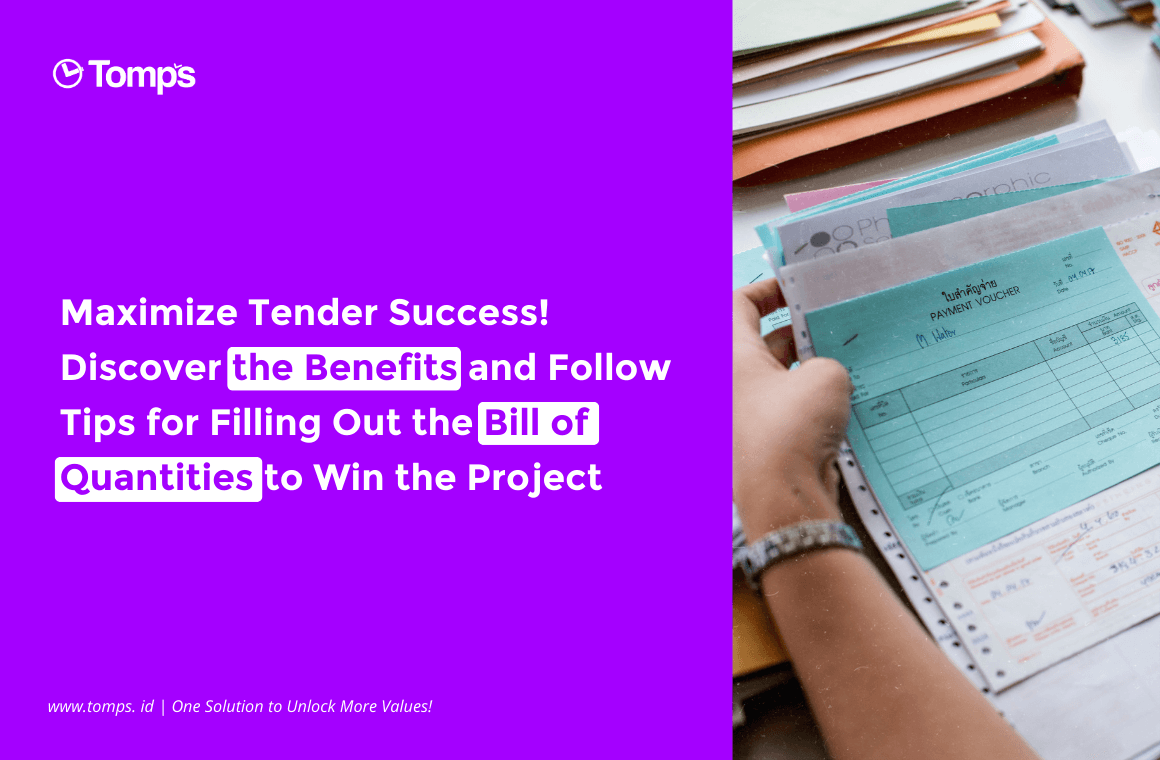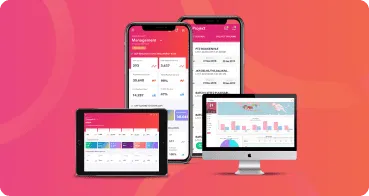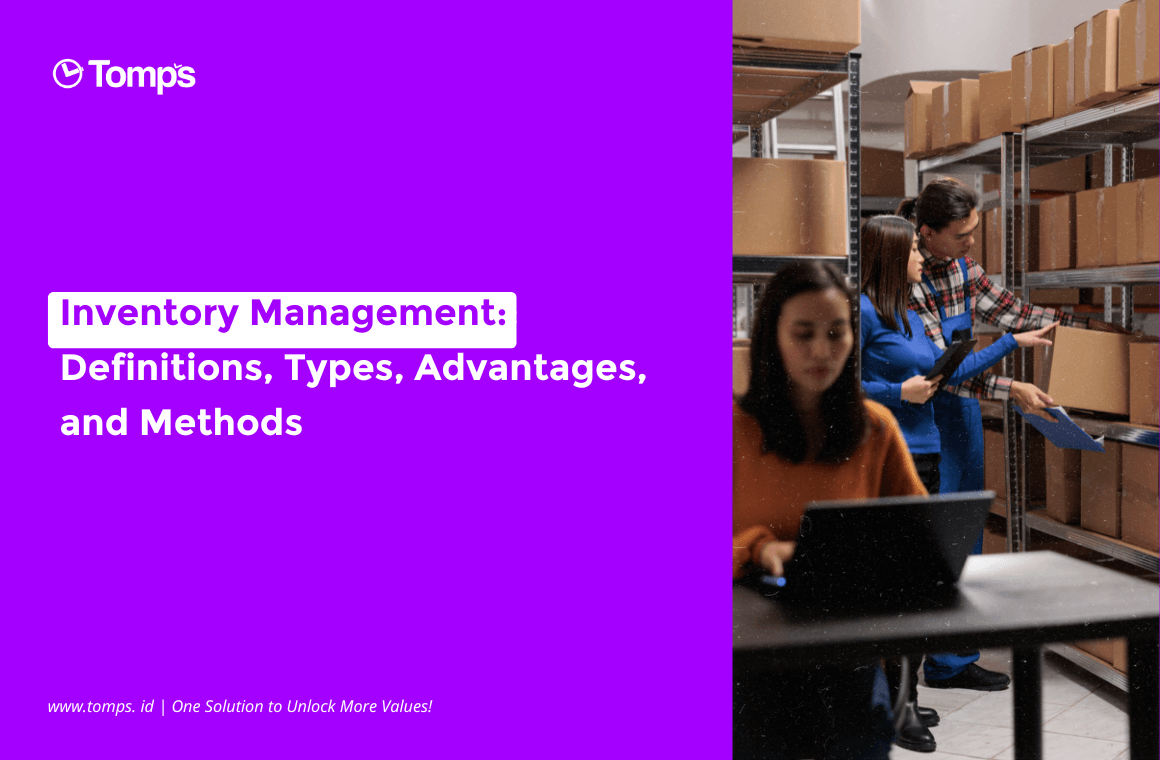A bill of quantities is something that must be filled out and submitted by the contractor before starting a building project. Usually abbreviated as BoQ or BQ, what exactly is the function of a bill of quantities and how do you fill it in correctly? Check out the complete information below.
What is a bill of quantities?
BQ is a detailed list of construction projects, starting with the materials needed, components, and labour needed to complete a construction project. The bill of quantities provides a list of all the items needed to build a structure, including item descriptions, quantities, units of measurement, and estimated costs required. The quantity included in the bill of quantities can be expressed in the form:
- number
- long
- areas
- volume
- time
- heavy Bills of quantities are usually made for construction tender purposes. If a company opens a tender, the contractor will offer their proposal, which must be accompanied by a BQ. Before the BQ is completed, the design must be completed first so that you can estimate the materials that must be prepared, complete with specifications. When the BQ is finished, it is given to the project owner so that they may decide which contractor is most suited to work on their project. Following that, the project owner will prepare the money required to begin construction. When must the bill of quantities be filled out, and by whom? After the tenderer or project owner describes the building project in the tender documentation, the contractor must design and prepare all items in the bill of quantities. Once completed, it is handed over to the project owner. So who does the bill of quantities? In general, BQ is carried out by quality surveyors, cost consultants, or civil engineers who have expertise in estimating what materials are needed to work on a project. Even if the BQ is not done in-house, the contractor must know what is included in it to ensure nothing goes wrong and prepare for tender negotiations.
Benefits of a Bill of Quantities
By preparing the BQ well and professionally, there are several benefits that will be obtained by contractors and project owners. Some of the benefits of BQ are: 1. Improve cost estimation and budgeting The most prominent benefit is BQ's ability to create more accurate cost estimates and budgets. Comprehensive details regarding building materials, components, and labour required for a construction project. BQ requires the contractor team to measure costs with extraordinary precision and budget realistically. Project owners will also get an idea of how much money they have to spend and where these costs will be allocated. With BQ, transparency will be easier to obtain between project owners and contractors. 2. Improve the quality of project planning and scheduling A carefully prepared BQ is the key to achieving project planning and scheduling. BQ can provide a comprehensive overview of all tasks that must be completed by the contractor, as well as their chronological order. Armed with this information, contractors can develop more efficient work plans, minimising downtime at various stages of construction. 3. Facilitate communication between stakeholders BQ can also be used as a very powerful communication tool. A BQ that is prepared carefully and accurately can help connect stakeholders who have an interest in development projects. It contains very clear information about the tasks that must be completed, related costs, and the estimated duration of work. The clarity provided by BQ can reduce the possibility of misunderstandings or disputes between parties regarding project costs and scope. In addition, BQ also allows project owners to compare bids from multiple contractors. Evaluation can be carried out fairly and accurately. 4. More efficient material procurement and management BQ can simplify the material procurement process and improve its management. A very detailed list will make it easier for contractors to organise the materials needed. Material shortages can be avoided, or otherwise there will be no waste of material hoarding. Material shortages can cause work delays, while hoarding can increase costs. 5. Encourage responsibility and transparency Implementing BQ in project tenders will foster a culture of responsibility among contractors because they are required to make accurate and well-calculated lists. BQ must be carried out strictly to ensure that all costs incurred are necessary and reasonable. In addition, calculations that are carried out correctly, starting from materials and labour required to the duration of the work, will support project transparency. All items are described very clearly and transparently.
Tips for Filling Out the Bill of Quantities
In order to be accurate and win the tender, here are tips for filling out the BQ: 1. Know the project needs Each project will have different details; therefore, the contractor team must understand what technical specifications are needed and review the working drawings. It is also important to consult a technical expert. 2. Take into account the volume of work. Make sure to calculate the volume of work accurately. The method can use direct or indirect measurement methods. The volume of work is needed to know how much material is needed. 3. Determine the price of each item. How to determine the price of each item needed can be done by considering market prices, previous project history, or using references from sources. That way, accurate numbers are obtained. 4. Calculate the total quantity and price. After knowing the volume of work and price of each item, you can determine the total quantity and total price required. If the two previous factors are accurate, then the results will definitely be correct too. 5. Checking conformity The next important step to take is to compare the BQ results with the specifications determined by the tender owner. There may be inappropriate costs or an undesirable design. 6. Checking Time and Administration One thing that is no less important is paying attention to all administrative requirements, whether they have been fulfilled, in order to be able to participate in the tender. Apart from that, make sure to submit the BQ according to the specified time.
The bill of quantities is an important component for the contractor to be able to win the tender, therefore, it must be prepared as professionally as possible. If you want to work on projects well and facilitate communication between interested parties, Tomps by Telkom Indonesia is here as a collaborative digital management solution that can be accessed using mobile or web applications. Tomps always prioritises ease in managing company needs via online supervision. Tomps offers real-time value, transparency, flexibility, and other smart features to improve the performance of business needs. Get a demo of Tomps on the site now!







